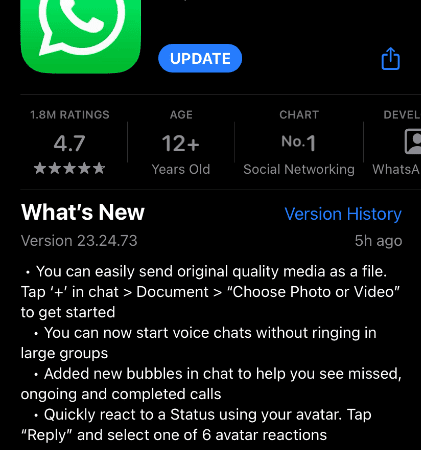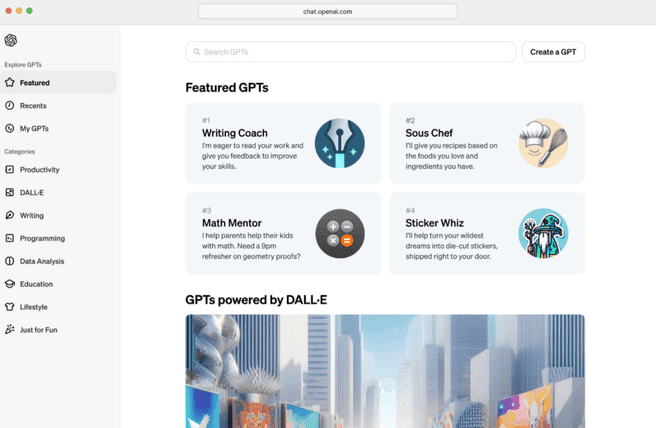Brave has released the first public beta of its own search engine. The search engine has its own index of Tailcat, and can also be used without the Brave browser itself.

Brave is releasing the search engine in beta, the company writes . Brave Search can be accessed via search.brave.com . This is not necessary in the browser of the same name. The company says it does not want to set up a ‘ walled garden ‘. However, users can set Brave Search as the default search engine in the Brave browser on both desktop and mobile. Sometime later this year, Brave Search will automatically become the default. The search engine was in closed beta for a long time.
Brave’s search engine is characterized by not tracking users. No IP addresses are collected, although website administrators can see certain metrics by looking at how many unique users come to them through the Brave search engine. The company also makes public how the search algorithm works.
Brave Search has its own search index. This is different from other privacy-friendly search engines such as Startpage or DuckDuckGo, which rely on the indexes of Google and Bing. The results come from Tailcat, a company that has been developing its own search engine for a few years and that Brave acquired earlier this year . However, Brave warns that the results are not always equally relevant. Until then, “the search engine will use APIs until we’re ready to expand our index,” the authors write.
The makers of the software say that no ads will appear on the site during the beta period. After that, it will, but there will also be a paid version that contains no ads. For this, users also receive BAT, the native currency that the company developed to look at advertisements.







